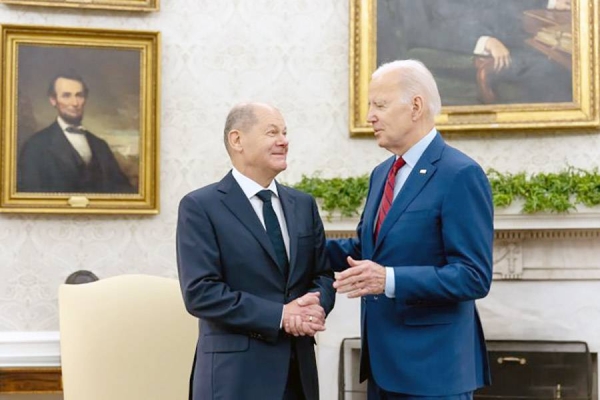
Venezuela vowed on Thursday that it would crackdown and jail the leaders of violent protests that have been taking place in the country since April as the US Vice President called on Latin American countries to step up pressure on Caracas.
Venezuela’s new top prosecutor Tarek Saab pledged to track down the leaders of the protests that have left more than 120 people dead.
He made his vow a day before a hate crimes law was expected to be approved despite fears that it will be used to crush dissent. The new law "against hate and intolerance," denounced by rights groups as a sham aimed at persecuting the opposition, was set to be approved on Friday by a new legislative superbody elected last month at the behest of President Nicolas Maduro.
Maduro loyalist Delcy Rodriguez, head of the body known as the constituent assembly, said the law would be passed before the weekend.
"It will be a point of honor for the public prosecutors office to identify who was responsible for each of the hate crimes that occurred in this country," Saab, Maduros ex-human rights ombudsman, shouted during a speech to the assembly.
"We will search the cameras, videos, photographs. We will get images of each one of them to make sure they pay for having killed, for having hurt people and left orphans behind," he said to a standing ovation by the Socialist Party-dominated assembly.
The international community, however, has pointed at the Maduro government, not opposition demonstrators, when assigning blame for deaths.
Venezuelan security forces and pro-government groups were believed responsible for the deaths of at least 73 demonstrators since April, the United Nations said in an August 8 report.
Abuses of protesters, including torture, were part of "the breakdown of the rule of law" in the oil-rich but economically-ailing nation, the report said.
Those found guilty of expressing hate or intolerance will be punished with up to 25 years in jail, according to the vaguely worded hate crimes bill.
Groups like Human Rights Watch say it would give Maduros government carte blanche to take opposition leaders out of circulation ahead of October gubernatorial elections.
The assembly has established a truth commission to investigate opposition candidates to ensure that any who were involved in violent protests would be barred from running for governorships, Rodriguez said.
The opposition, which won control of congress in 2015 only to see its decisions nullified by Maduros loyalist Supreme Court, boycotted the July 30 election of the constituent assembly. The body has sweeping powers to re-write Venezuelas constitution and even give Maduro permission to rule by decree.
Meanwhile, US Vice President Mike Pence urged Latin American leaders to intensify pressure on the Venezuelan government, which many fear is on the cusp of dictatorship and civil war.
He made his remarks during a tour of the newly expanded Panama Canal Thursday as he wrapped up a trip to Latin America. Pence met with Panamanian President Juan Carlos Varela before departing for Washington Thursday evening.
Pence has spent much of his visit working to assure Latin American allies that the United States remains invested in the region despite President Donald Trumps "America first" rhetoric.
That mission was complicated by Trumps surprise suggestion right before Pence left that a "military option" might be on the table for Venezuela. Leaders across the region made clear to Pence that they strongly rejected the suggestion.
"Chile will do its utmost to support Venezuela to find a peaceful way out," Chilean President Michelle Bachelet said Wednesday. "But Chile will not support military interventions, nor coup détat."












